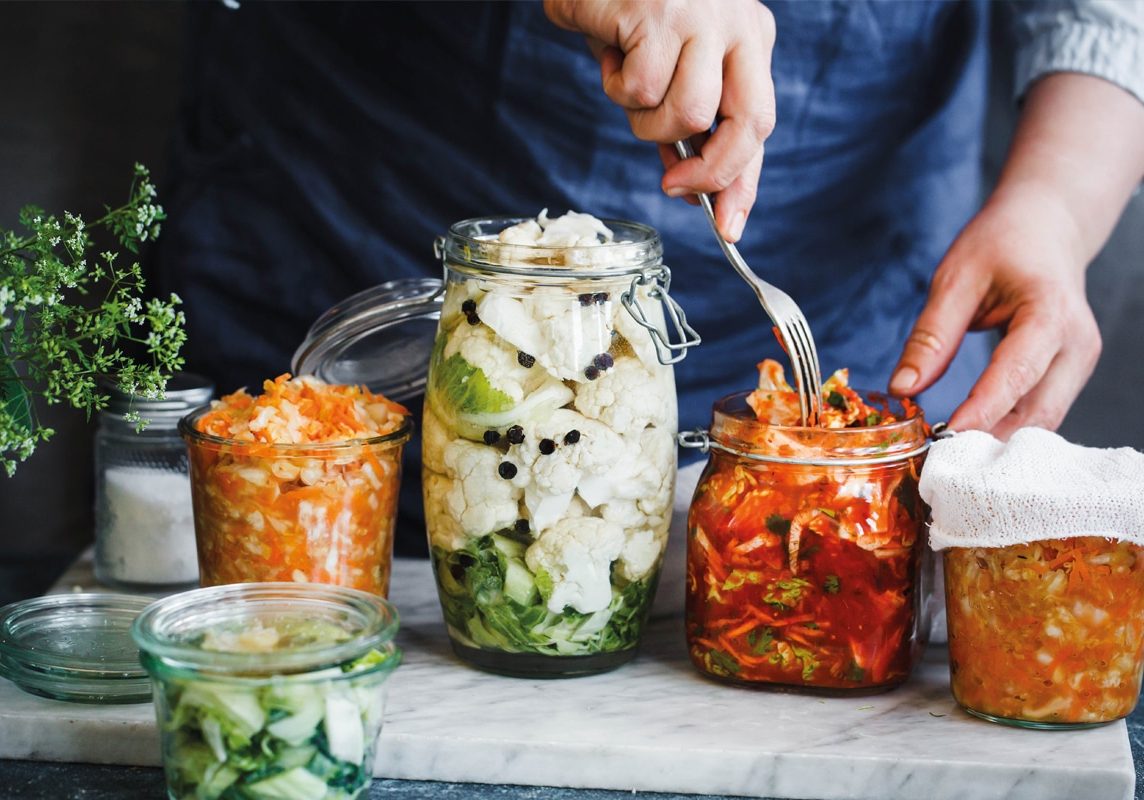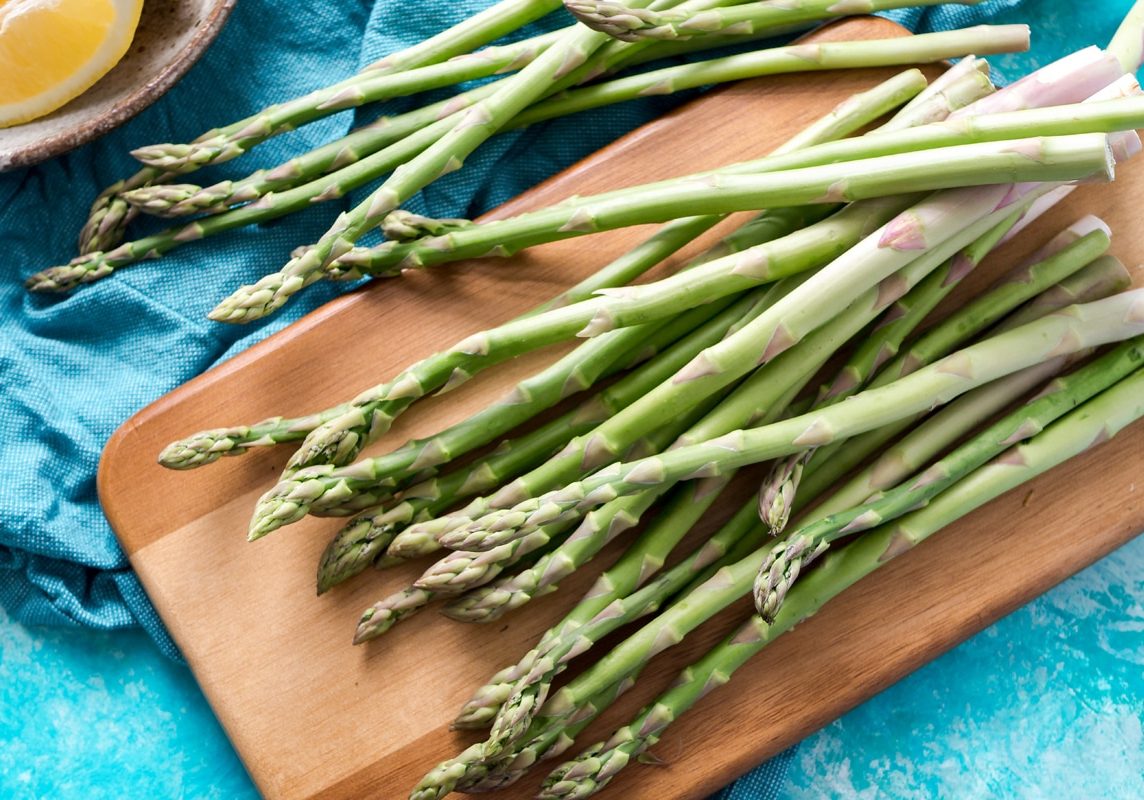
The microbiome
Learn how to boost your immunity
There is no better time than the present (and I mean, right this moment) to learn how to boost your immunity in the wake of the Coronavirus (Covid-19) pandemic. Stores across the country, and the world, are selling out of cold and flu medications, as people prepare to tackle the virus head-on. This is definitely something to be thinking about, but what about preventive measures?
The best way to tackle any virus is to look at how to prevent getting sick in the first place. While scientists are currently trialling vaccines and possibly other medications to fight the virus, there is something you could be doing yourself to improve your immune system and keep sickness at bay. That is: improve the health of your gut microbiome.
What is the microbiome?
The microbiome is the diverse garden of over 100 trillion bacteria, viruses and fungi that live in your gut ( the large intestine). There are three times as many of these bacteria, viruses, and fungi cells in the body than there are human cells, which is incredible.
Why is the health of my microbiome so important?
Your microbiome alone makes up 70% of your immune system, which means that the right balance of good and bad bacteria will play a significant role in your overall health. The more diverse a garden of good bacteria you have, the more likely you will have a strong immune system to fight off infection and disease.
What are ‘good bacteria’ and why do I need them?
Certain good gut bacteria produce enzymes that help to digest complex carbohydrates and assist in the creation of amino acids from the breakdown of fibre. This is an essential function as amino-acids are the building blocks of protein, which in turn are the building blocks of DNA. If you do not have the appropriate balance of bacteria in your gut to help build DNA, your body can more easily break down or take longer to repair.
The more good bacteria you have in your microbiome, the fewer bad bacteria are able to invade and cause problems. If you don't already have enough good bacteria in your gut you might be experiencing unpleasant symptoms, some of which might have been present for so long that you are not even aware of them any more such as bloating, cramping, cravings and mood changes.
As these bacteria are living organisms, they need to feed on something to not only survive but to thrive. Living in the large intestine means that they feed on the food you put into your body. If you are not eating a varied diet, you may be starving your good bacteria of their nutrients, which means that they are not strong enough to fight off bad bacteria and viruses that enter the body.
Unfortunately, many people are not aware of the significant role the microbiome plays in their health, meaning they don't know how best to take care of it.


How to look after your microbiome and improve your immune system
There are a number of key things to consider when looking after your microbiome:
Ensuring you have a variety of good bacteria in your gut (probiotics)
Now that you know you are meant to have bacteria living in your gut, you will want to make sure you have a variety of different good bacteria strains living there to feed. If you eat a varied diet and have not taken many antibiotics in your lifetime, you should have a variety of good bacteria in your gut that are ready to be fed with fibre.
However, if you have taken antibiotics in the last few years, you may have fewer strains and a lower population of bacteria than you would ideally like. Please do not worry, you can absolutely repopulate your gut by eating the following foods that are full of good bacteria.
8 of the best probiotic foods:
- Natural yoghurt (not sweetened)
- Fermented yoghurt (kefir)
- Tempeh
- Miso
- Kimchi
- Sauerkraut
- Pickles
- Other fermented foods
- Kombucha
Most of these foods are easy to find, inexpensive and can be stored for a long time as they have been fermented. Adding these foods into your diet at this time, especially if you don't already eat these, will boost the variety of good bacteria strains you have in your microbiome, thereby strengthening it.
Probiotic supplements
Probiotics such as Bio-Kult have a number of different live strains of good bacteria that travel directly to your gut and set up camp. Many doctors will prescribe that you take probiotics with antibiotics to reduce the number of good bacteria lost, so it is a good idea to follow their advice, though you do not need to be on antibiotics to take probiotics.
If you do not enjoy fermented foods or have intolerances or allergies to histamines, then finding probiotics in a food source could be tricky. That is when probiotics as a supplement can be very handy.
Ensuring you are feeding the good bacteria so that they multiply (prebiotics)
Once you have a good variety of good bacteria in your gut, you then need to ensure that they have enough dietary fibre to feed them. This is a seemingly easier task, as dietary fibre is found in many different food types.
12 of the best prebiotic foods:
- Garlic
- Onion
- Chicory root
- Artichoke
- Leeks
- Asparagus
- Bananas
- Barley
- Oats
- Apples
- Cocoa
- Flaxseeds
Prebiotics are incredibly good for you in many ways. They not only feed the good bacteria living in your gut and improve your immune system, they also improve your digestion. They are best eaten raw as the cooking process changes their properties.
Stay hydrated
The gut requires water to not only keep the digestive system moving but also to increase mucus production in the gut to help the good bacteria to thrive. Many people do not drink enough fresh water each day, relying instead on caffeinated, sugared and alcoholic drinks. These aggravate the gut and cause unwanted inflammation which unbalances the good bacteria.
Freshwater and herbal teas are beneficial to the gut as they flush out toxins while certain herbal teas such as green tea help to strengthen the good bacteria.
Reduce stress
When the body is in a state of stress, blood and water are diverted from the gut to slow it down. The body does not need to digest when it is preparing to fight or flee, it needs to send blood and oxygen to the heart and lungs.
If you are in a stressed state, even if it is moderate, the gut slows down, is less hydrated and therefore is a less hospitable environment for good bacteria to thrive. Moderate exercise, breathwork and sleep all help to bring the body into a relaxed state and ensure that the gut is flushed with blood and water which strengthens your immune system.
To sum up
The best way to fight illness is prevention and the best way to prevent illness is to boost your immune system by improving the health of your microbiome. That means:
- Increasing the variety of bacteria in your gut with probiotic foods
- Increase the population of the current bacteria with prebiotic foods
- Staying hydrated
- Reducing stress
Find out more about Caitlin Taylor at Caitlin Holistics (caitlinholistics.com)




